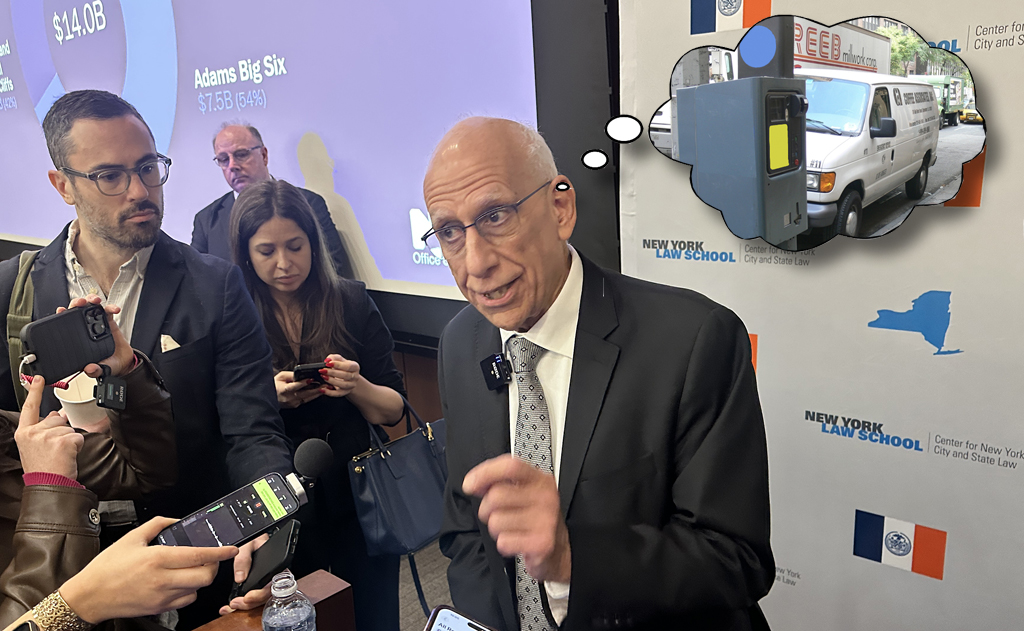Yesterday, Mayor Bloomberg announced that the city would today issue a Request for Expressions of Interest (RFEI) for firms "with the ability to perform all or most of the services required to design, implement, operate and maintain a congestion pricing program." Though RFEI submissions will not constitute actual bids for contract, the city is hinting that the firm eventually chosen for the job will be selected from the RFEI pool -- assuming congestion pricing clears city and state lawmakers, of course.
From the media release:
Respondents to the RFEI will be asked to submit an overall approach to the design, implementation, operation and maintenance of a complex, high volume congestion pricing system. Respondents will be asked to identify the key issues involved in implementing such a system and their ideas for innovative operational and technological solutions. Specifically, they will be asked to address issues related to field equipment, communications, interoperability with E-ZPass, operations, enforcement, maintenance, privacy, urban design and traffic data monitoring.
IBM designed and implemented the Stockholm system, using a combination of lasers and cameras at 18 "roadside control points" (check out this interactive display). Given its success there, with some tweaking, it seems likely IBM could be a front-runner in the eventual bidding for the New York program.
Interestingly, while Stockholm is moving away from vehicle transponders in favor of license plate-reading cameras, London could be going the other direction. Having experimented with "tag and beacon" technology, wherein electronic chips on vehicle windshields transmit signals to roadside receptors, Transport for London may jettison its Automatic Number Plate Recognition cameras once the current contract expires. Singapore also uses tag and beacon, which is thought to be less expensive than cameras.





